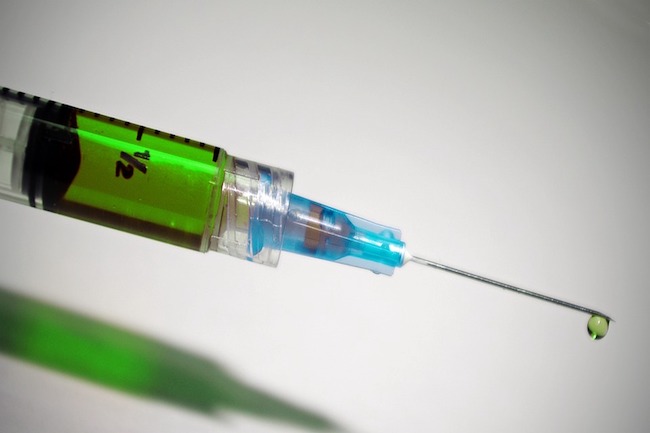Don’t read this if you’re vaccinated by Alex Berenson – SubStack
mRNA Covid vaccines offer essentially no defense against Omicron only months after a booster shot, according to a major new study from British researchers.
Both antibody and T-cell protection are nearly non-existent, the scientists found.
In an even more worrisome development, when vaccinated but previously uninfected people suffer breakthrough Omicron infections, their T-cell response is biased toward earlier versions of Sars-Cov-2 – not to the Omicron variant that has actually infected them.
In other words, the mRNA shots appear to permanently wrongfoot the immune systems of people who receive and bias them toward producing T-cells to attack variants that no longer exist – even though they never were infected with those variants at all.
The T-cell problems are particularly surprising and worrisome.
While antibodies are the first line of defense against infection and try to clear the virus from the bloodstream, T-cells are the crucial second line. They attack and destroy infected cells and also work with other parts of the immune system to produce more and better targeted antibodies later.
Vaccine advocates have claimed endlessly that mRNA-generated T-cells help keep people from becoming severely ill with Covid even after frontline antibody protection against infection disappears.
This study suggests that supposed protection may be a myth, and the low death rates from Omicron are simply a result of Omicron’s general lack of virulence in vaccinated and unvaccinated people alike.
—
The study also provides additional evidence that the way the mRNA shots work may leave vaccinated people even more vulnerable to infection and reinfection over time.
The jabs cause people to make one type of coronavirus antibodies. But the study suggested the immune system’s ability to beat the virus also depends on other antibodies – and the shots hamper the production of those.
Scientists have been loathe to admit, much less discuss, the potential long-term problems that mRNA vaccine suppression of broad antibody production may cause.
In this case, though, the authors were concerned enough to acknowledge the issue. They wrote that overall immunity may benefit from parts of the coronavirus that are “exposed only during infection.” Even so, they buried that warning in highly technical language deep in the paper, a sign of the political sensitivities that surround any criticism of the vaccines.




